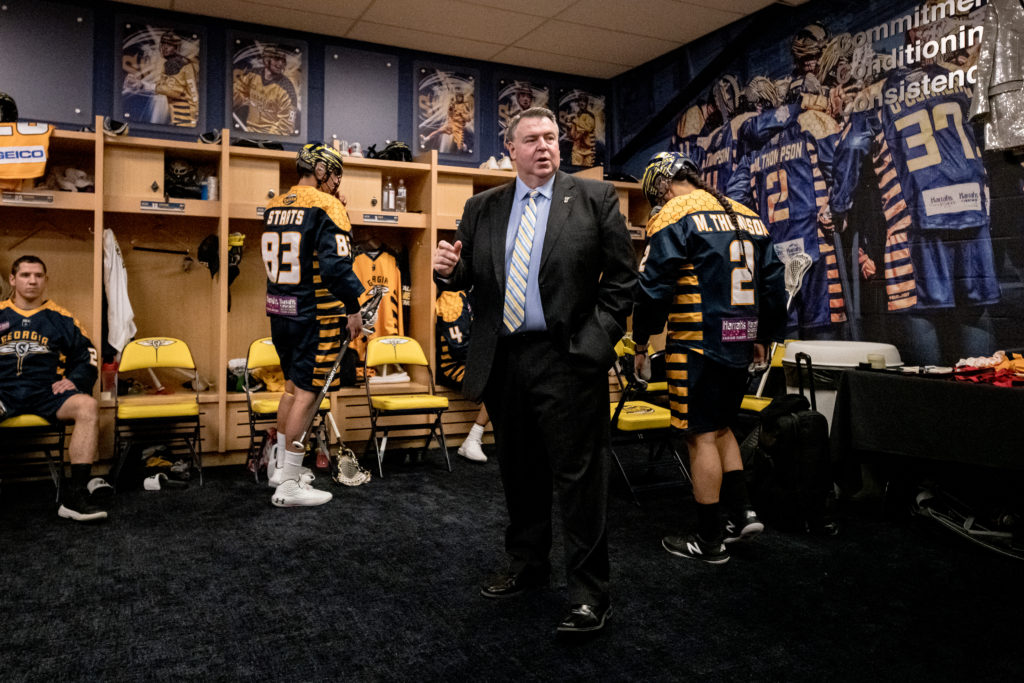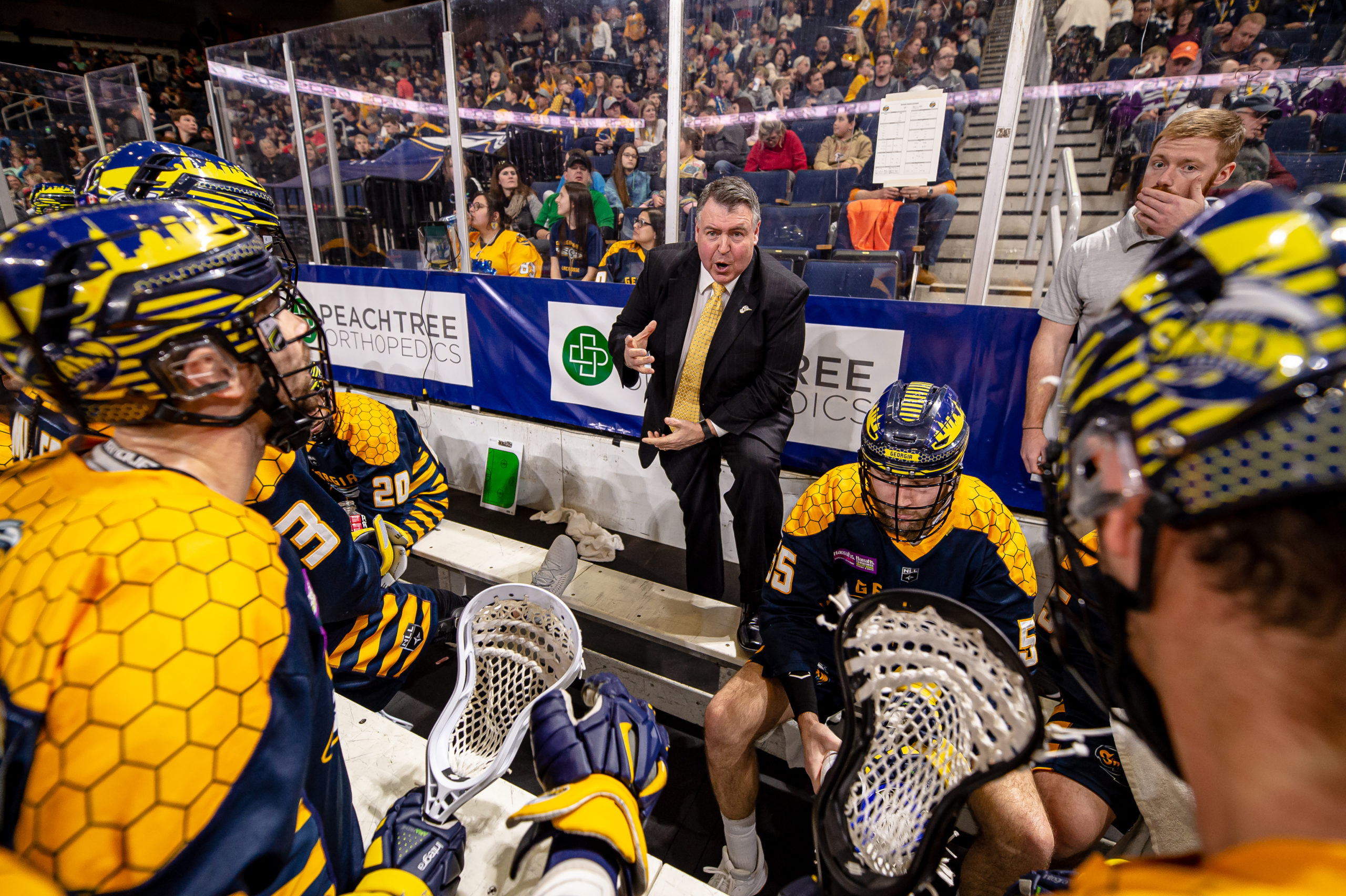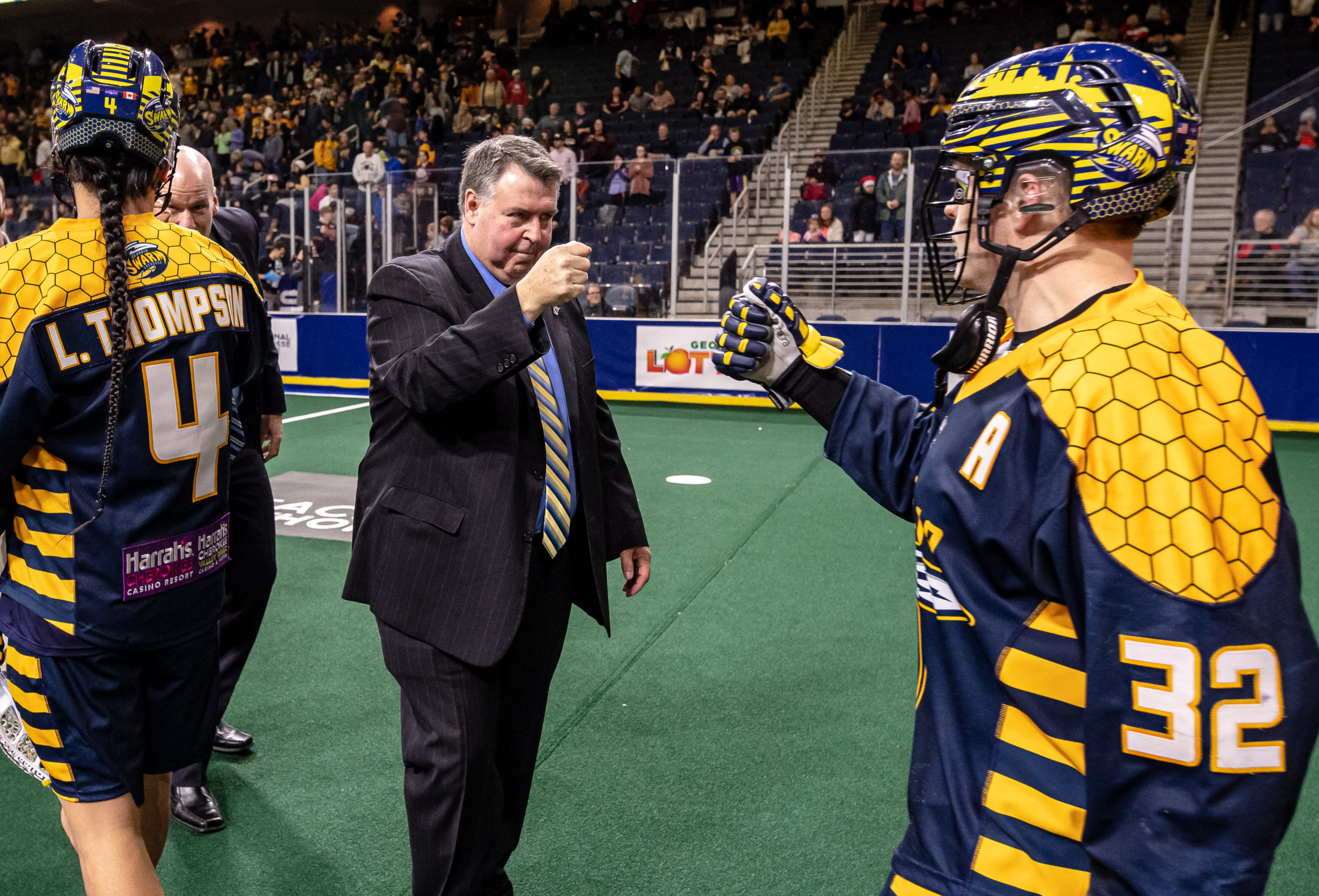
As coaches, we often talk about the need to play a complete game. We will lament and say we didn’t play a complete game, and that led to loss. I believe it was Vince Lombardi who used to say, “We chase perfection, but will settle at excellence.”
Although every coach wants his team to play the perfect game, that proves to be elusive. Even in baseball, where there is a category for a perfect game, you could ask those pitchers and players involved, and they might say they got away with a pitch or got lucky on a play.
A perfect game in lacrosse implies complete domination of an opponent. At the professional level, that is impossible, because the other team is, well, professional, as well. What we do like to talk about is playing a complete game from opening whistle to final buzzer. Other teams are also striving to achieve that, as well, and that is essentially the game within the game.
Lacrosse, like basketball, can produce big runs. It is not uncommon for a team to rhyme off five or six straight goals, and what is even more plausible in many games is that their opponent will have a similar run. No lead is safe in lacrosse, and looking back over my career in lacrosse, I can think of many games that seemed over early or at halftime and had different outcomes when the final buzzer sounded.
For the Swarm, when we talk about a complete game, we look for a few areas where we can be consistent and help us win. There are three phases to each game: settled 5-on-5 offense and defense, the transition game, and special teams, which includes extra man, man-down, 6-on-5, and face-offs. By simple math, if you win each of those three phases, you will win the game.

Photo Credit: Kyle Hess
Playing a complete game would see you being successful in all three phases that night. Further to that, you would be striving to stop a team from having any runs of over 2-3 goals. That is a tough task in a high scoring sport like lacrosse, but answering a team’s run with a goal of our own helps slow their potential momentum and allows us to either keep our lead or cut into the other team’s lead.
A complete game is also rooted in playing consistent lacrosse, where you stick to your game strategy and principles of your team. Execution and effort allow you a chance to produce a consistent game. One of the challenges we faced this regular season was being able to play complete games when we had a lead. On several occasions, we had leads in the 4th quarter of games and strayed from our principles, and in that 15 minutes, we lost either the 5-on-5 game, the transition game, or special teams – or in some cases, a combination of all three.
The failure to play a complete game for most teams in our league is a direct contributor to losses. There are nights where the lapse is early, where you give a team a lead and then spend a lot of energy trying to claw back and create a run and momentum to get yourself back in the game.
We want to win every game. Every team in our league wants to do the same. Being consistent in all aspects of our play is critical to accomplishing this task and something we discuss within our overall principles, our game preparation, and our game plan. As we hope to continue with some playoffs in the 2020 season, playing a complete game will be a huge focus for us – from opening whistle to final buzzer.

Photo Credit: Kyle Hess